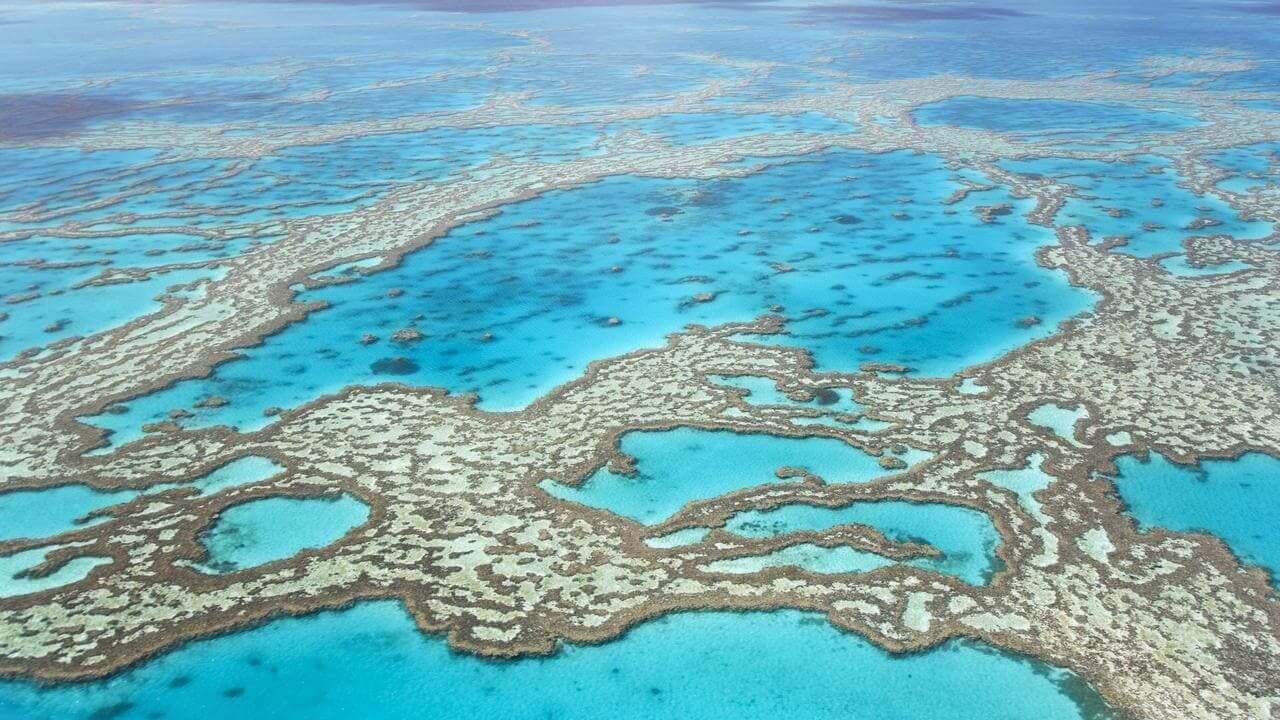China on Monday denied its involvement in the United Nations Educational, Scientific and Cultural Organization’s (UNESCO) decision to list the Great Barrier Reef in the endangered category and downgrade its status as a World Heritage site and instead asked Australia to accept its failure to protect the Reef and inability to control greenhouse gas emissions.
In a tweet, a spokesperson for the Foreign Ministry of China, Wang Wenbin, said: “We urge Australia to take concrete measures to protect the Great Barrier Reef world heritage site instead of hurling unfounded accusations against UNESCO and its professional evaluation body.” He added: “It should face up to its serious failings in world heritage protection and earnestly step up preservation efforts instead of politicising technical issues, wantonly hurling unfounded accusations at UNESCO and its professional evaluation body and shifting the blame to others. Still less should it pressure the World Heritage Committee through innuendo and sensational media reports to sway the Committee’s impartial and just decision.”
The spokesperson rebuked Australia’s “emissions reduction record” while reiterating that UNESCO’s decision was based on the long-term evaluation of the Reef. He also asked Australia to respect the professional assessment of the International Union for Conservation of Nature (IUCN).
On the contrary, Australia has accused China of using its political power to influence UNESCO’s decision, since the World Heritage Committee is chaired and led by Chinese officials. The Australian government also blamed the Committee for blindsiding them to list the Reef in the danger category.
Likewise, Sussan Ley, Australia’s Environment Minister, opposed UNESCO’s decision to reclassify the Reef in danger category without proper consultations. In a conference call with other nations on Monday, Ley expressed her frustration and described the move as an attempt by China to punish Australia. Eleven countries have expressed solidarity with Australia and issued a letter to the Director-General of UNESCO, Audrey Azoulay, besides voicing concerns over the organisation’s verification process. While supporting Minister Ley’s stance, Senator Matt Canavan said UNESCO officials had not visited the Reef since 2015 and therefore, its current state is not reflected in the Committee’s draft decision released on June 22.
Also Read: Australia Criticises China-Led UN Panel for Recommendation on Great Barrier Reef
The diplomatic and trade disputes between China and Australia escalated after the latter demanded an independent probe into the origins of the coronavirus last year. In addition, Australia abandoned China’s Belt and Road Initiative (BRI), imposed duties on Chinese imports, and slammed the country for human rights abuses in Xinjiang, a crackdown on democracy in Hong Kong, and its unilateral attempts to change the status quo in the Indo-Pacific. In retaliation, China imposed anti-dumping duties on Australian wine and barley and a number of trade restrictions on other Australian exports. Both sides have approached the World Trade Organization (WTO) over trade disputes and expressed willingness to resolve these via diplomatic channels.
UNESCO’s decision to list the Reef in the endangered category comes amid rising global temperatures, due to which the Reef has lost half its volume. Moreover, the frequency of bleaching events and multiple cyclones have significantly damaged the world’s largest ecosystem. The Reef generates revenue worth billions from tourism, and downgrading its status would result in a substantial financial setback for Australia, which has been lobbying against the decision.
China will host the 44th session of the World Heritage Committee from July 16 to 31 to discuss the Committee’s recommendation on the Reef. However, 14 out of 21 countries that are part of the Committee have signed the BRI; thus, the odds do not appear to be in Australia’s favour.

